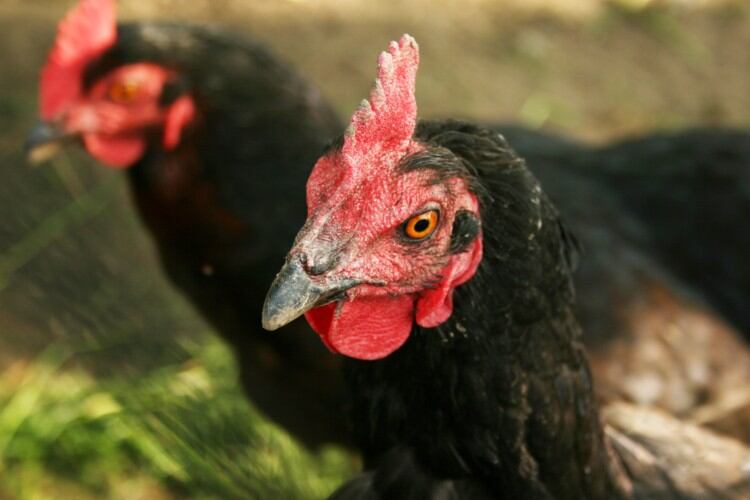The United States Department of Agriculture’s (USDA) Animal and Plant Health Inspection Service (APHIS) confirmed the presence of the disease in a commercial chicken flock in Riverside County, California. This finding is part of an outbreak in southern California that began in May 2018 in backyard birds.
Virulent Newcastle disease is a contagious and fatal viral disease affecting the respiratory, nervous and digestive systems of birds and poultry. The disease is so virulent that many birds and poultry die without showing any clinical signs. A death rate of almost 100% can occur in unvaccinated poultry flocks. Virulent Newcastle disease can infect and cause death even in vaccinated poultry.
Clinical signs of virulent Newcastle disease include: sudden death and increased death loss in the flock; sneezing; gasping for air; nasal discharge; coughing; greenish, watery diarrhea; decreased activity; tremors; drooping wings; twisting of the head and neck; circling; complete stiffness; and swelling around the eyes and neck.
The USDA said virulent Newcastle disease is not a food safety concern and that no human cases of Newcastle disease have ever occurred from eating poultry products.
However in very rare instances people working directly with sick birds can become infected. Symptoms are usually very mild, and limited to conjunctivitis and/or influenza-like symptoms. Infection is easily prevented by using standard personal protective equipment.
APHIS said it is working closely with the California Department of Food and Agriculture to respond to the finding, limiting the disease’s spread in commercial poultry, and then eradicating it. Federal and state partners are conducting additional surveillance and testing in the area, and are working with nearby commercial farms to increase biosecurity to prevent additional disease spread.
The USDA and APHIS added that it is essential that all bird owners follow good biosecurity practices to help protect their birds from infectious diseases. These include simple steps like washing hands and scrubbing boots before and after entering a poultry area; and cleaning and disinfecting tyres and equipment before moving them off the property.

